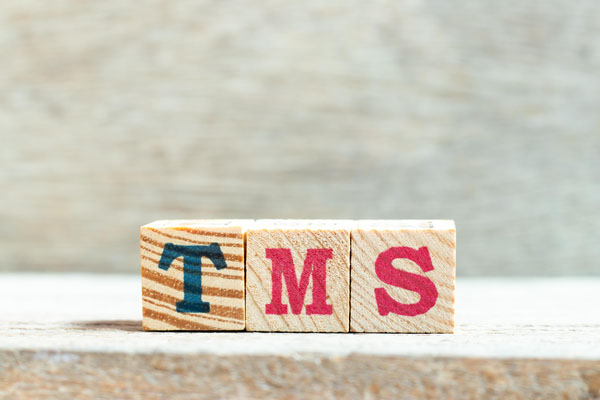 Many patients are turning to TMS (transcranial magnetic stimulation) to treat depression. TMS is an alternative treatment for many patients with severe depression. It can also treat other mental disorders. If you want to know more about transcranial magnetic stimulation, here are the details.
Many patients are turning to TMS (transcranial magnetic stimulation) to treat depression. TMS is an alternative treatment for many patients with severe depression. It can also treat other mental disorders. If you want to know more about transcranial magnetic stimulation, here are the details.
The essentials of TMS
A psychiatrist can use this therapy on patients with treatment-resistant depression. Patients often receive ordinary treatments. This involves taking antidepressants. Combining this with talk therapy is part of the technique. Some patients do not improve with this type of approach. That is why TMS is becoming more popular.
This effective, non-intrusive technique uses electromagnetic energy to target the mood-regulating area of the brain. The process uses an insulated coil. The doctor will place this coil over the head. Brief pulses of electromagnetic energy from the coils will pass through the skull and scalp. This will stimulate the mood-regulating sections of the brain without any pain at all.
How transcranial magnetic stimulation works
TMS can trigger the nerve cells. It can improve symptoms of mental or neurological disorders. The FDA approved this therapy for depression treatment back in 2008. Scientific studies show that this approach is also capable of treating Parkinson’s disease and anxiety. Another term for TMS is repetitive magnetic stimulation or rTMS.
A psychiatrist can perform transcranial magnetic stimulation in the clinic. It is an outpatient procedure. The patient will not need to stay overnight even if the doctor performs TMS at the hospital. Before the procedure, patients will need to remove any metal object they have on, like jewelry.
The technician will give the patient earplugs to wear. This will reduce the clicking sound of the impulses. Then, the patient will sit in the comfortable treatment chair. This procedure will not need a general anesthetic at all. The patient will be aware and awake throughout the treatment.
Taking the measurements of the patient’s head will happen during the first session. The doctor will also need to find out where to place the magnetic coil. Taking other measurements will ensure custom-fit features on the psychiatrist’s TMS machine. The technician will place the coil above the frontal area of the brain. Then, the treatment will start.
Hearing a mild clicking is normal while the coils release magnetic impulses. The patient will feel a knocking feeling underneath the magnetic coil. Transcranial magnetic stimulation can last for 30-60 minutes. The patient can drive home after this treatment. Going back to normal activities will be easy.
The psychiatrist will repeat this five days a week. This series will take about four to six weeks to finish. The treatment length will depend on the patient’s response. It will also depend on the patient’s condition. The doctor will check the patient after each session. This will make sure the patient goes home without any problem.
Transcranial magnetic stimulation is a good alternative approach to regain your mental health
Conventional treatments for mental or neurological disorders do not always work for everyone. That is why transcranial magnetic stimulation is a good option to have. Your psychiatrist will check you first. This will determine if TMS will be good for the patient. If it is, then scheduling the first session will happen right away.
Request an appointment or call NYC Psychiatric Associates at 917-391-0076 for an appointment in our New York office.
Related Posts
Treating major depressive illness with transcranial magnetic stimulation (TMS) magnetic fields is non-invasive and non-systemic. This method, often recommended when conventional therapies such as antidepressant treatment and talk therapy have failed, can produce significant relief from depression symptoms.Some patients undergoing TMS for depression may be reluctant to forego their antidepressant medication throughout the 6-week treatment…
Transcranial magnetic stimulation (TMS) is fast becoming a popular non-invasive depression therapy. With TMS, electromagnetic pulses help stimulate nerve cells without causing any damage to the cells themselves. It has the potential to alleviate the signs of mental and neurological problems. Patients suffering from depression may respond well to this treatment. This article focuses on…
Transcranial magnetic stimulation (TMS) might be an effective option for people whose depression does not respond to medication, or who want to avoid medication side effects. Mental illness is more common than people think, and depression is one of the most prevalent forms of it. Traditional treatments, such as medication or talk therapy, are often…


